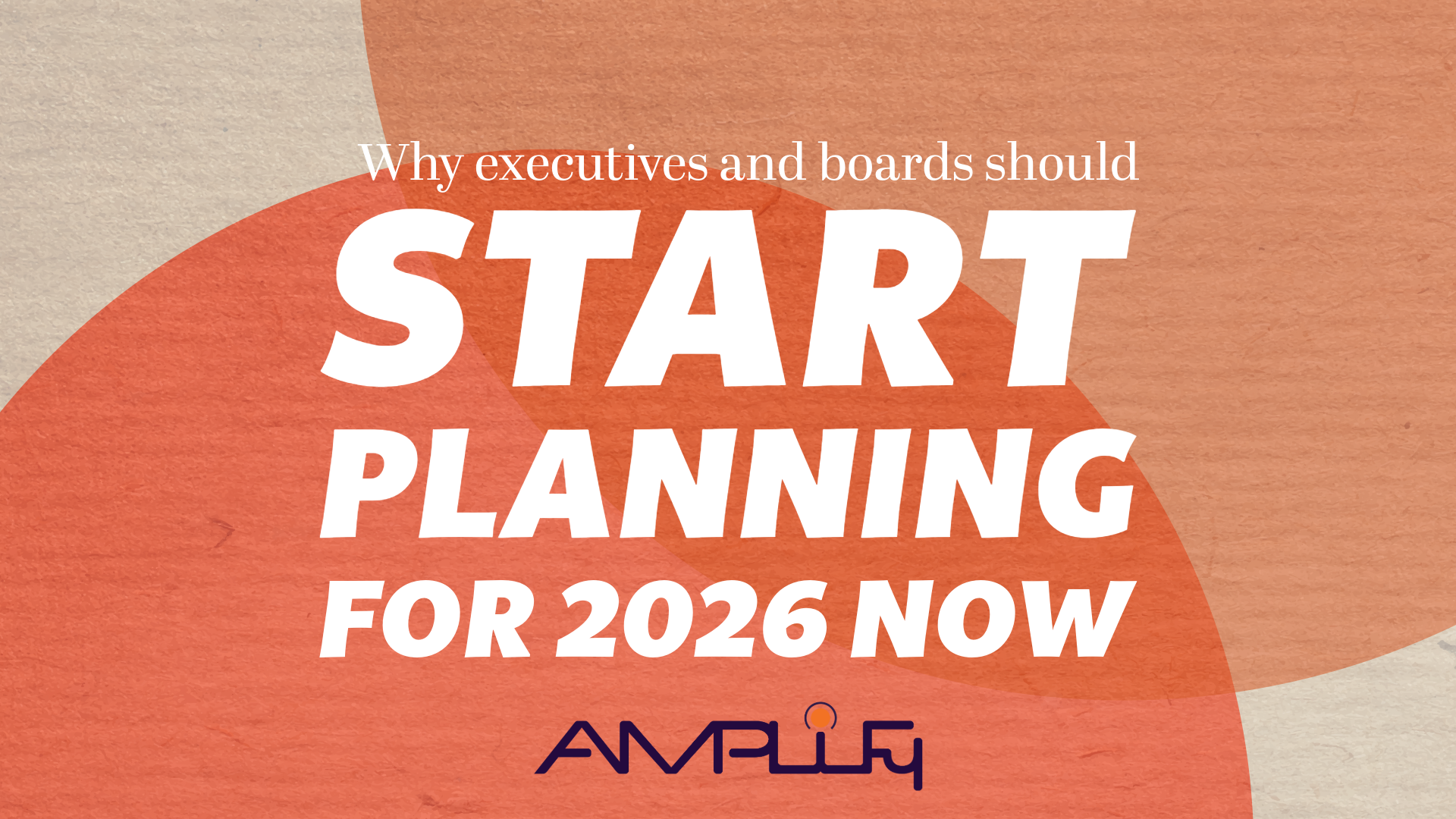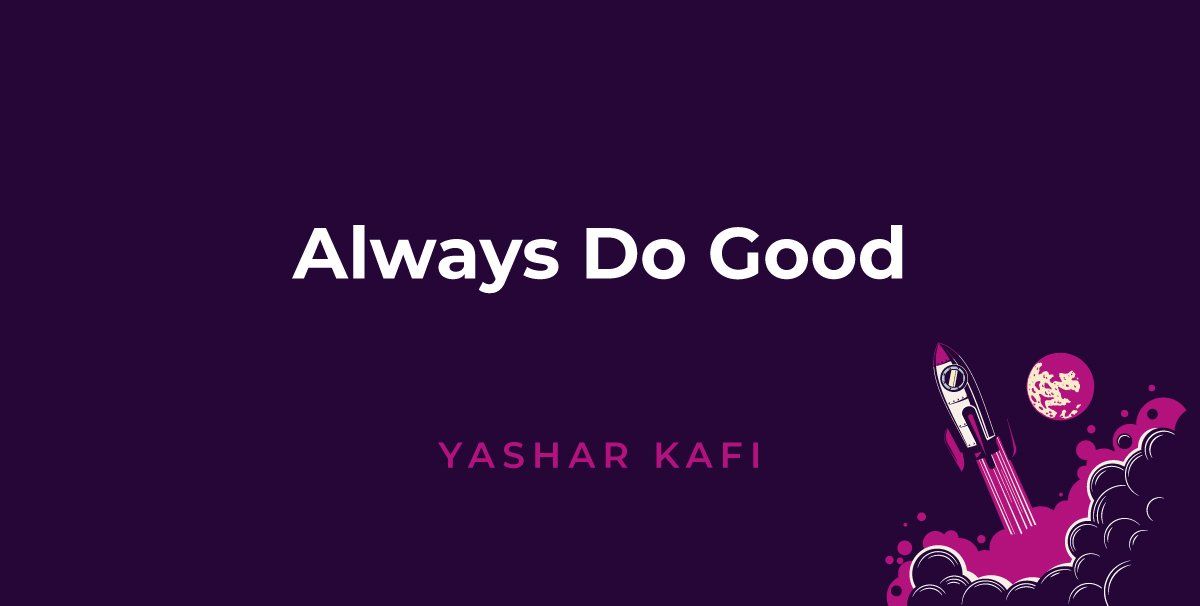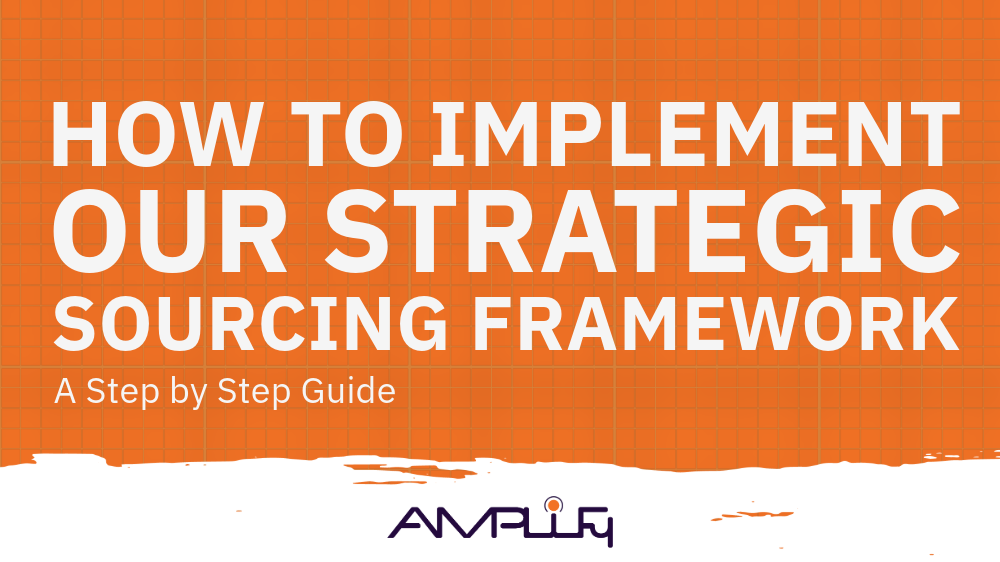Always Do Good
One of my biggest mistakes in life is thinking people will show me the same love and respect I’ve shown them. Now, hear me out. Many people on first reading may see that as a negative outlook on life, but it’s really not.
Instead, I feel that it has taught me (maybe the hard way at times) the reality of how the world works so that I won’t have any false expectations. By freeing myself of false expectations of getting some particular thing in return for my actions, it allows me to know that motivations for doing things can be (and now are) purely for the actions’ sake—for doing good.
The way I see it is that even if you know you may not (or probably won’t) get anything in return, you should still do good and continue to and not look back.
And the only reasoning I have (but also the only one that I find I need) to just keep doing it is simple: It’s what makes me (and you) feel right and respectable.
This outlook is not just one I adopt for my personal relationships. It extends into every facet of my life, especially my consultant work. If you think about what we do as consultants, if I help a company and don’t charge them, I’m doing it because I want to, and I’m not expecting anything from them.
For instance, I do a ton of pro bono work for nonprofits and other companies, where I give my time and effort away for free. I’m not expecting anything in return from them. As I mentioned before, this frees me. Why? Because people who are always expecting something in return have expectations that become an emotional engagement, and that’s when things get messy. The harsh truth is that once money gets involved and that financial expectation is added to the mix, it becomes complicated.
Think about it this way: If my goal is to help people, and if I want to do something simply because I want to do it and not because I’m trying to make money, I’m going to be a lot more unbiased and able to help.
As I also live in the same world you do, I get that money does matter, and yes, we all need it. But my point is that if you go in with that money-driven and financially-focused attitude, it changes the dynamic entirely—and not for the better. There is always a fine line when money is concerned, but my basic assertion applies: It is always good to do good.
There’s a saying I heard somewhere that fits this topic nicely, and it says something along the lines of, “Ask for money and get advice. Ask for advice, get money twice.”
But regardless of financial compensation, just keep doing good. It’s a good thing.
Recent Posts


Recent Posts




